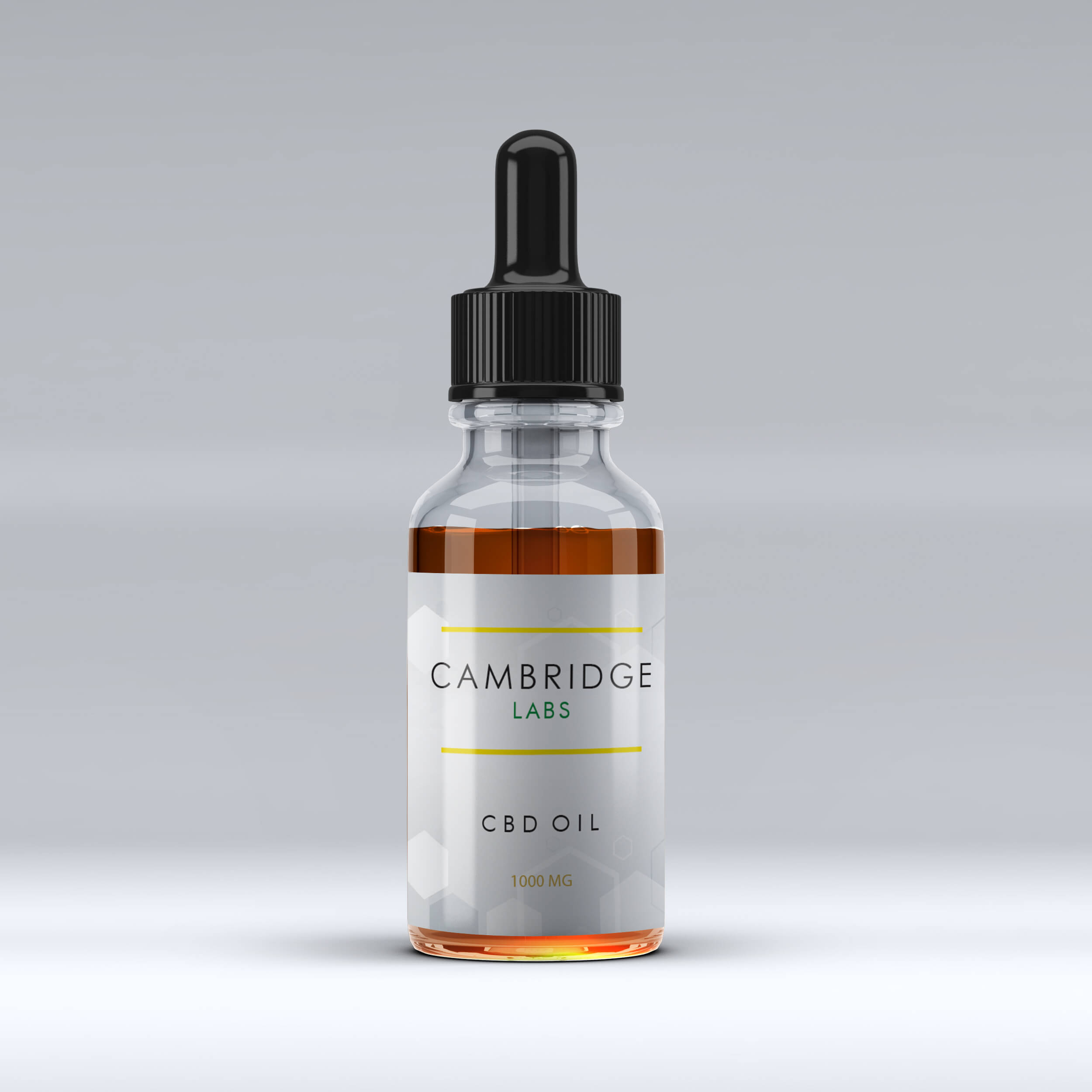
- February 1, 2022
- 0 comments
- 1 View
CBD may cause side effects for some users and may interact with certain medications. Some doctors recommend CBD oil to their patients to help relieve certain conditions, such as pain. CBD oil may interact with some medications, including some used to treat epilepsy.
Proponents of CBD oil claim that it can be used to treat conditions such as chronic pain, inflammation, migraines, epilepsy, autoimmune disorders, depression and anxiety. Proponents of CBD oil argue that it can help treat many clinical conditions, including intractable epilepsy, chronic pain, depression, anxiety, and acne. It is said to help relieve conditions such as anxiety, depression, addiction, and epilepsy, making it attractive to those seeking more natural alternatives. Natural Pain Relief and Anti-Inflammatory Properties Traditional medicines can help relieve stiffness and pain, but some people find CBD to be a more natural option.
Animal studies have shown that CBD is anti-inflammatory and acts on the endocannabinoid and sensory systems to relieve pain. Animal studies have shown that topical application of CBD relieves the pain and inflammation associated with arthritis, with few side effects.
A study published in the European Journal of Pain found that using CBD on animal skin could help reduce pain and inflammation caused by arthritis. Other studies (in both animals and humans) have shown that CBD has anti-inflammatory effects and may relieve pain through this mechanism.
CBD is often touted as being able to relieve anxiety and depression. CBD is commonly used to fight anxiety, and studies have shown that, for insomniacs, CBD can help fall asleep and stay awake. Research in other neurological symptoms and diseases suggests that CBD may also help treat epilepsy-related complications such as neurodegeneration, neuronal damage, and psychiatric disorders.
It’s still too early to understand the full range of effects that CBD can have on anxiety and mood disorders, but anecdotal studies seem to suggest varying positive results. Early trials looking at the use of CBD to treat anxiety and depression have shown interesting results, albeit in very small sample sizes. There are not enough human studies evaluating the use of CBD in the treatment of chronic pain.
However, he also noted that the research is still in its early stages and more research is needed before any conclusions can be drawn about CBD’s effectiveness. Some of this work is still being done on animals, and more research is needed before CBD can be determined to help in this area. Research is looking into whether CBD can help with a variety of physical and mental health conditions.
CBD is the latest health craze hitting the roads, with claims that it can help with everything from chronic pain and inflammation to anxiety. Evidence is mounting that non-psychoactive compounds in marijuana, such as CBD, may provide a novel treatment for chronic pain. Meanwhile, ongoing research in the United States shows that CBD is effective in treating chronic non-cancer pain.
The safety and efficacy of oral CBD for pain is being studied. Research is ongoing, but there is evidence that CBD may be effective in reducing anxiety, chronic (long-term) pain such as back pain, insomnia or sleep disturbances. There are some suggestions in animal studies that when applied topically for inflammation or joint pain, CBD may help treat osteoarthritis.
We need more research, but CBD could be an option for anxiety, insomnia, and chronic pain. Other research has shown that CBD can help reduce a variety of psychiatric and medical symptoms in people with substance use disorders, such as anxiety, insomnia, and pain, suggesting that CBD may be an effective treatment for opioid addiction. A 2012 study found that CBD can have effects similar to certain antipsychotic drugs, and that the compound could provide a safe and effective treatment for people with schizophrenia. Treatment of Opioid Dependence Several studies, including preclinical studies in animals and humans, suggest that CBD can be used to treat people addicted to opioids.
The authors of a 2015 review found evidence that certain cannabinoids, such as CBD, may help people with opioid addiction disorders. While there is no definitive scientific evidence on the use of CBD to treat dogs, there is anecdotal evidence from dog owners that it can treat pain, especially neuropathic pain, and also help control seizures. Unfortunately, there are few human studies examining the use of CBD as the sole agent for pain relief, with most of the studies using a combination of CBD and THC for pain relief.
According to Dr. Klein, CBD is also used for its anti-inflammatory properties, cardiac benefits, antiemetic properties, appetite-stimulating, sedative, and possibly anti-cancer effects, although there is no solid evidence for this. use. However, this is not the case as CBD is heavily promoted for children (e.g. Dravet syndrome, ADHD, autism), the elderly (Alzheimer’s, Dementia, Parkinson’s), people with complex diseases (cancer, multiple sexual sclerosis, chronic pain) and even pets (anxiety, appetite, sleep).
Other medical indications that can be treated with CBD and are supported to some extent by clinical evidence include Parkinson’s disease [12], schizophrenia [13], and anxiety disorder [14]. A 2018 World Health Organization report states that CBD may help treat symptoms associated with conditions such as cancer, Parkinson’s disease, multiple sclerosis (MS), anxiety, depression, insomnia, and Alzheimer’s disease. While the headlines may lead you to believe that CBD, sold in oils, foods, tinctures, creams, capsules, and more, is the cure-all, there are actually only a few conditions that, according to scientific research he can heal. , a report published in 2018 by the World Health Organization.
However, there is no evidence that CBD oil alone treats high blood pressure or prevents high blood pressure in high-risk groups. The findings suggest that CBD oil may be a suitable adjunctive therapy for people whose high blood pressure is exacerbated by stress and anxiety. A 2017 study by JCI Insight showed that CBD oil may reduce the risk of heart disease by relieving high blood pressure (hypertension) in some people.
Some people believe that CBD oil can treat pain, reduce anxiety and stimulate appetite like cannabis, but without its psychoactive effects. CBD oil is simply a product that contains oils like CBD extract and coconut oil, which are typically used topically. CBD oil is made by extracting CBD from the hemp plant and then diluting it with a carrier oil such as coconut oil or hemp seed oil. The most common formulation of CBD is oil, but CBD is also sold in extracts, vaporized liquids, and oil-based capsules.
CBD comes in many different forms, including capsules and oils. Topical application of CBD is beneficial because CBD is poorly absorbed when taken orally and can cause gastrointestinal side effects. People with liver disease should use CBD oil with caution, preferably under the supervision of a doctor who can regularly check blood liver enzyme levels.
.
itis.
